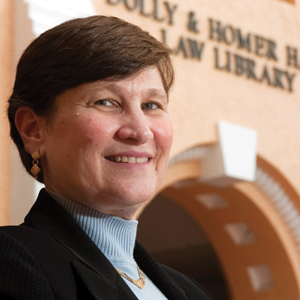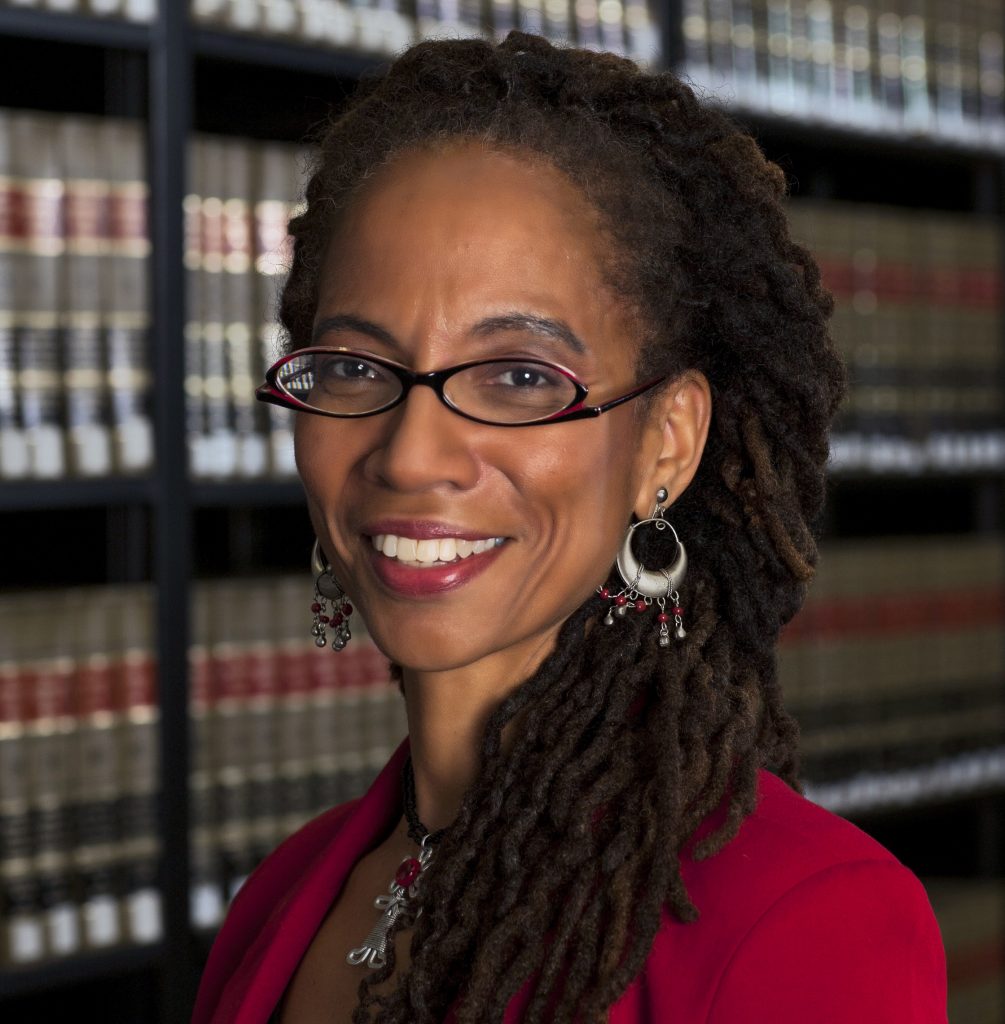New Compassionate Release Practicum addresses urgent need in justice system
In the fall of 2020, Stetson Law created a Compassionate Release Practicum to work with attorneys at the Middle District of Florida’s Federal Public Defender Office to meet the high volume of cases in need of compassionate release petitions.
Spearheaded by criminal law Professors Ellen S. Podgor and Judith Scully, the new practicum gave students the opportunity to help prepare compassionate release appeals for those who are currently incarcerated.
COVID-19 hit prisons extremely hard, leaving many without relief. The initial compassionate release provisions of the Sentencing Reform Act of 1984 offered little assistance for those serving time in prison. The First Step Act changed the compassionate release process, expanding criteria and allowing easier access to courts.
“Meeting a need in society while also learning important legal skills, allows Stetson Law students a rare opportunity during these difficult times,” Podgor said.
Officials in the federal defender’s office, including Adeel Bashir, Laura Daines, and Stetson graduates Adam Labonte and Juliann Welch, agreed the passage of in the First Step Act constitutes historic criminal justice reform. Having the opportunity to partner with Stetson Law and forge meaningful relationships with future professionals while fulfilling the Act’s purpose in helping redress past inequities in the justice system has been a wonderful experience for all involved.
“Having sat in the same seats as these students, it’s especially rewarding to help them pursue their interest in criminal justice and witness firsthand the work of public defense,” Welch added.
Interested students completed an application, and 10 were selected to participate in the inaugural practicum. They worked on five compassionate release petitions during the fall semester. For spring 2021, through a one-credit Compassionate Release Appellate Practicum, six students are again working with the federal defenders’ office in presenting on appeal the “extraordinary and compelling” reasons why relief should have been granted by the court. The class instruction and work are done virtually, allowing the law students to have real life exposure to social justice advocacy.
“The opportunity to represent a client in a compassionate release case is transformational for the student,” said Scully. “And for the client, it can literally be the difference between dying in prison or living as a free person in the community.”
The students who have participated in the program agree they have gained much from the experience.
“In less than four months, I went from not knowing what the First Step Act was, to drafting compassionate release motions for actual federal inmates incarcerated in Florida,” said Stetson Law student Tyler Spayd. “The practicum really helped sharpen my research, writing, and advocacy skills. More importantly it gave me a real chance to help effect change in the life of another person. For that the practicum stands out in my mind as the best experience I’ve had thus far in law school.”
Post date: Jan. 15, 2021
Media contact: Kate Bradshaw
[email protected] | 727-430-1580

